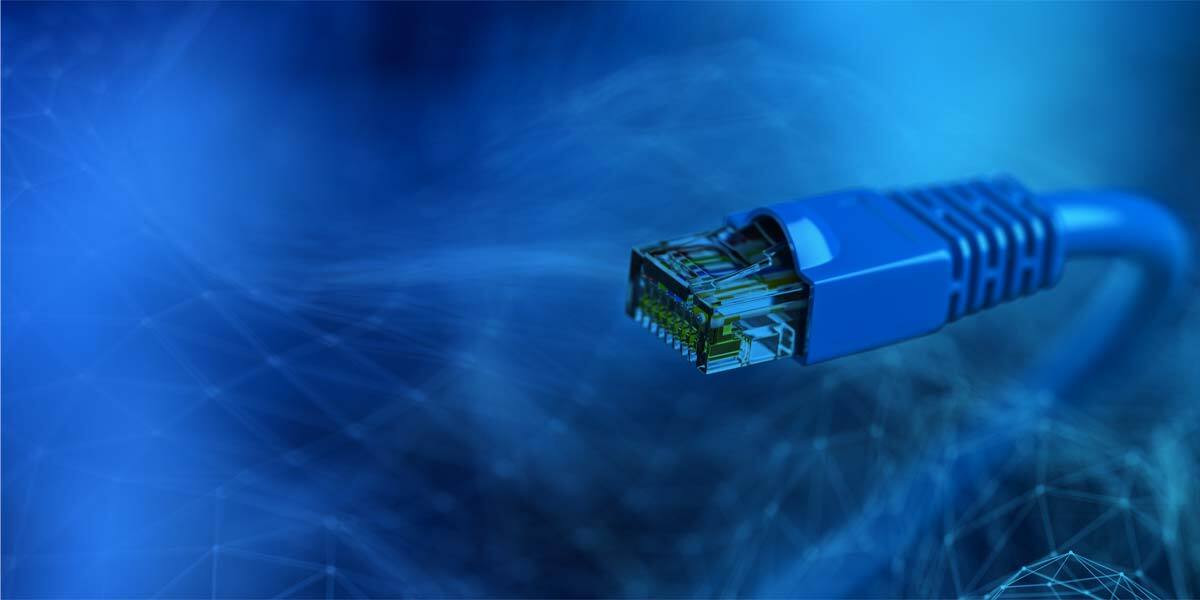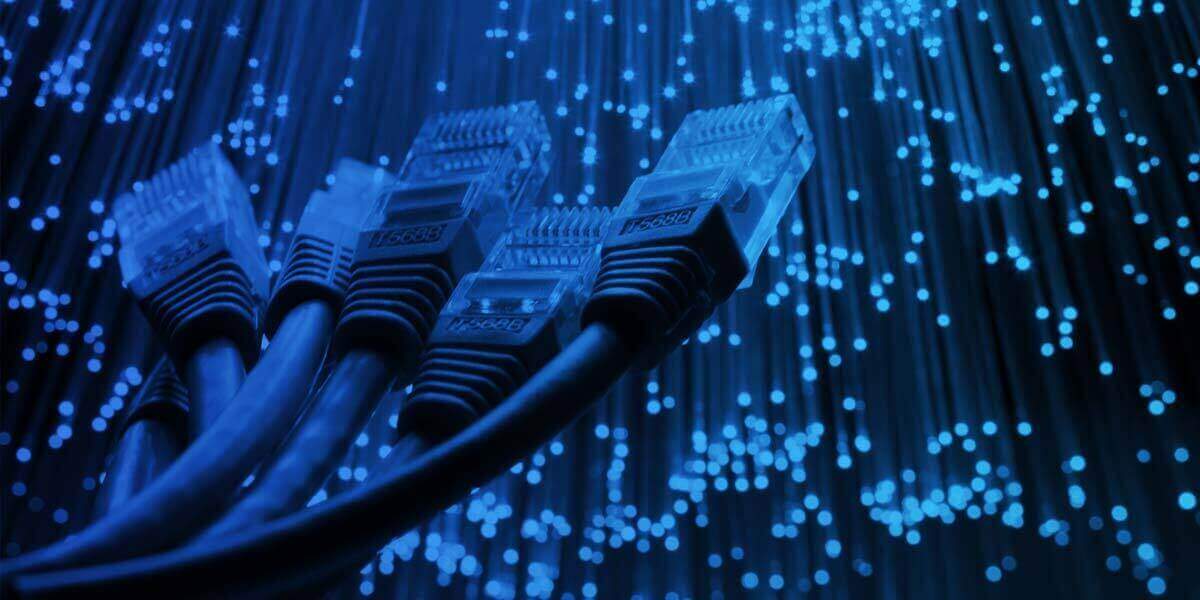Lower your internet bill
61% of people overpay for their internet.
Are you one of them?
Unlock exclusive offers in your area!
Call now
[tel]Enter zip code
1 Star is Poor & 5 Stars is Excellent.
* Required

Written by Rosslyn Elliott - Pub. Nov 14, 2023 / Updated Mar 18, 2024
Table of Contents
Are you happy with your Internet service?

About the author
Cat 8 Ethernet cables are the newest and fastest Ethernet cables available. They can transfer data at speeds up to 40 Gbps. Yes, that’s 40 Gigabits per second, or 40,000 Mbps!
In other words, these cables can move data much faster than even the fastest residential internet connections. For people looking for lightning-fast Internet speeds, Cat 8 cables are the way to go.
But do you need that much speed from an Ethernet cable? Let’s look at the basics of Cat 8 cables and whether you can benefit from using them.
Cat 8 Ethernet cables can achieve transfer speeds of up to 40 Gigabits per second (Gbps). This is 4 times faster than Cat 6 cables and 10 times faster than Cat 5e cables, which are still in common use. The super-fast 40 Gbps speed allows Cat 8 cables to handle very data-intensive tasks like 8K video streaming without any lag or buffering.
Cat 8 cables have extra shielding compared to lower category cables. This shielding blocks electromagnetic interference (EMI) and radio frequency interference (RFI). The shielding ensures a clean, reliable signal and stable connection.
Compatibility
To achieve 40 Gbps speeds, Cat 8 cables use new RJ45 connectors. This means they can only be used with Ethernet ports and devices designed for Cat 8. They are not backward-compatible with older Cat 5e/Cat 6 Ethernet ports.

Upgrading your current Ethernet cables to Cat 8 offers several advantages. Here are some of the key benefits:
With transfer speeds of 40 Gbps, Cat 8 cables can download files and media content in seconds. Large downloads that used to take minutes will complete in the blink of an eye.
The fast speeds and minimal latency of Cat 8 cables are perfect for online gaming. Games will run smoother with no choppiness or lag during fast-paced action.

Cat 8 cables have more than enough bandwidth to handle multiple 4K streams at once. You can stream, download, and game in ultra HD without any annoying buffering wheels.
While most devices today don’t even come close to using 40 Gbps, Cat 8 cables future-proof your network. Your infrastructure will be ready when super-fast 100+ Gbps connections become more common in the next 5-10 years.
| Cable Type | Speed | Frequency |
| Cat 5 | Up to 1 Gig | Up to 100 MHz |
| Cat 6 | Up to 1 Gig | Up to 250 MHz |
| Cat 6A | Up to 10 Gigs | Up to 500 MHz |
| Cat 8 | Up to 40 Gigs | Up to 2000 MHz |
Like all Ethernet cables, Cat 8 cables use RJ45 connectors. They snap into Ethernet ports easily but require Cat 8 compatible devices. The cables can be bent and twisted during installation without signal loss. Maximum cable length is still limited to 100 meters like lower category cables. Keep the cables away from heat sources and use cable management for a clean setup. And know the signs of a bad Ethernet cable.

For people looking for the absolute fastest Ethernet connection speeds available today, Cat 8 cables are the answer. The 40 Gbps transfer rate can handle bandwidth-heavy tasks like 8K video and provide reliable gaming connectivity. While the cables are more expensive than lower category cables, they provide future-proof performance. Just be sure your devices have Cat 8 compatible Ethernet ports to handle the speed.
For most everyday users, Cat 6 or even Cat 5e cables are sufficient. Cat 8 cables are recommended for people who need to transfer extremely large files and need the 40 Gbps speed. The added cost is only worth it if you have Cat 8 compatible devices.
Unfortunately, no. Cat 8 cables can only be used with Ethernet ports designed for Cat 8. Older routers use Cat 5e/Cat 6 ports which cannot handle the 40 Gbps speeds. You would need a router with Cat 8 ports.
Yes, Cat 8 cables require new RJ45 connectors capable of the faster 40 Gbps speed. They will not be compatible with the connectors on lower category Ethernet cables.
Like previous Ethernet cables, Cat 8 cables are still limited to a maximum length of 100 meters or about 330 feet to sustain 10 Gbps speeds. The super-fast 40 Gbps speed can only be maintained over shorter distances, usually around 30 meters or 100 feet.
Cat 8 Ethernet cables can be purchased from most online retailers that sell network cabling and hardware. They may also be available at select local electronics stores. Prices are higher than lower-category cables.


About the author
Congratulations, you qualify for deals on internet plans.
Speak with our specialists to access all local discounts and limited time offers in your area.
[tel]61% of people overpay for their internet.
Are you one of them?
Unlock exclusive offers in your area!
Call now
[tel]Enter zip code